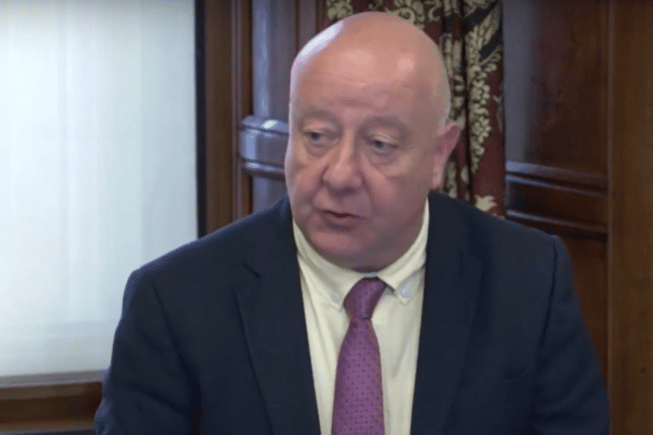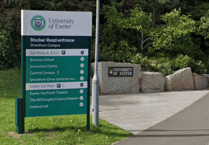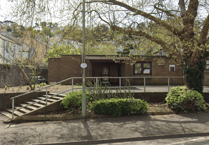A SYSTEM used in Torbay to find out how much support to offer children with special educational needs has been described as ‘wicked’ during a Westminster debate.
The so-called ‘ladder’ system increases the level of support up a ladder from mainstream education to high levels of intervention.
But the bay’s Liberal Democrat MP Steve Darling said the system depended on the child failing repeatedly at school, leading to trauma for the child and his or her family.
Local youngsters, he said, deserved better.
A recent Ofsted report said there were widespread failings in the service in Torbay. It said too many children and young people with special educational needs and disabilities (SEND) had to wait too long for their needs to be assessed, and leaders had not addressed major weaknesses highlighted at a previous inspection in 2021.
Ofsted says the failings have led to poor communication with families.
The partnership between Torbay Council and NHS Devon which runs the SEND service said after the report was published that it was committed to addressing the issues and was preparing an action plan.
Speaking during a Westminster Hall debate, Mr Darling said health bosses had failed to turn up at a meeting with the council to discuss the Ofsted report.
And, he said: “I am aware of one failing in Torbay where a decision should have been made by the end of March for a youngster on where their next year’s placement would start in September. They were only told the day before they started their GCSEs that their placement was going to be changed, which, un-shockingly, sent them into a meltdown, and they underperformed massively.”
And, he said: “Surely the ladder system cannot be appropriate for the youngsters or their families. It seems a very wicked way, rather than sending those youngsters directly into the appropriate places.”
He went on to give examples from Torbay.
He added: “Rachel has to home tutor her youngster because provision was withdrawn. Shaan had to give up work because there was inadequate provision for her youngster.
“A non-verbal autistic youngster had two really good offers for education, but neither was accepted by the local authority.
“These are some of the most vulnerable youngsters in our communities, and they deserve better.”





Comments
This article has no comments yet. Be the first to leave a comment.